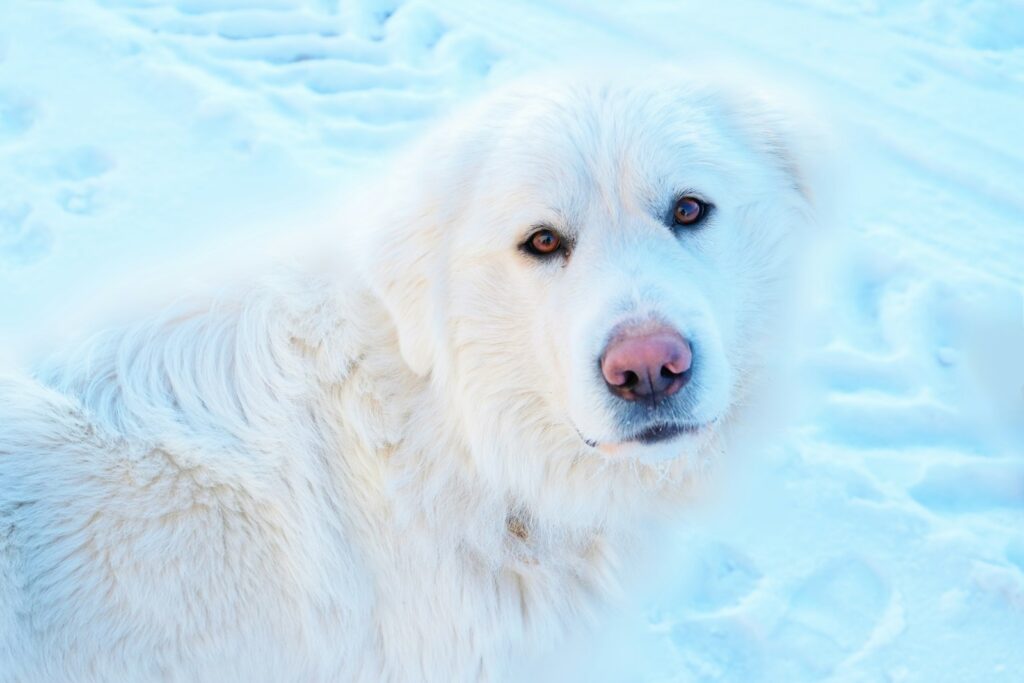Dogs are known as man’s best friend, but sometimes even the best of friends can have bad habits. Whether it’s excessive barking, chewing on furniture, or jumping on guests, these behaviors can be frustrating for dog owners. Understanding why dogs develop these habits and how to address them can lead to a happier life for both you and your pet. This article will delve into the causes of bad dog habits and provide effective strategies to break the cycle.
Understanding Bad Dog Habits
Dogs can develop bad habits for various reasons, including lack of training, boredom, anxiety, and medical issues. It’s important to identify the root cause to effectively address the behavior. Here are some common reasons behind bad dog habits:
Lack of Training
Training is crucial for dogs to understand what behaviors are acceptable and which are not. Without proper training, dogs may not know the difference between right and wrong. This can lead to habits like chewing on shoes or barking excessively.
Boredom
Dogs are active and social animals. When they do not receive enough physical and mental stimulation, they can become bored. This often results in destructive behaviors such as digging holes in the yard or chewing on household items.
Anxiety
Dogs can suffer from anxiety, just like humans. This anxiety can be caused by separation from their owners, loud noises, or changes in their environment. An anxious dog may develop habits like excessive barking, chewing, or pacing.
Medical Issues
Sometimes, bad habits are a sign of underlying medical issues. For instance, a dog that urinates indoors might have a urinary tract infection. It’s important to rule out any health problems with your veterinarian before addressing the behavior through training.
Common Bad Habits and How to Address Them
Excessive Barking
Excessive barking can be a nuisance to both you and your neighbors. Dogs bark for many reasons, including to alert you of something, out of boredom, or due to anxiety. Here’s how to address it:
- Identify the Cause: Pay attention to what triggers your dog’s barking. Is it when someone walks by the house or when they are left alone?
- Training: Teach your dog the “quiet” command. Reward them when they stop barking on command.
- Exercise: Ensure your dog gets plenty of physical activity to reduce boredom and anxiety.
- Distractions: Provide toys or puzzles to keep your dog occupied when you are not home.
Chewing
Chewing is a natural behavior for dogs, but it becomes problematic when they chew on inappropriate items. Here’s how to curb this behavior:
- Provide Chew Toys: Give your dog appropriate chew toys to satisfy their need to chew.
- Remove Temptations: Keep shoes, furniture, and other valuable items out of reach.
- Training: Use commands like “leave it” to teach your dog what is off-limits.
Jumping on People
While it may be cute when a puppy jumps up to greet you, it can become a problem as they grow. Here’s how to stop it:
- Ignore the Behavior: Do not give your dog attention when they jump up. Turn away and wait until they are calm before acknowledging them.
- Training: Teach your dog to sit or stay when they greet people. Reward them for staying calm.
- Consistent Reinforcement: Ensure everyone in your household follows the same rules to avoid confusing your dog.
Digging
Digging can ruin your yard and garden. Here’s how to manage this behavior:
- Designate a Digging Area: Create a specific area where your dog is allowed to dig. Bury toys in this area to encourage them to dig there.
- Exercise: Ensure your dog gets plenty of exercise to reduce the urge to dig out of boredom.
- Supervision: Monitor your dog when they are outside and redirect their behavior if they start digging in inappropriate areas.
Training Techniques to Break Bad Habits
Positive Reinforcement
Positive reinforcement involves rewarding your dog for good behavior. This can be with treats, praise, or playtime. Positive reinforcement helps your dog associate good behavior with positive outcomes, making them more likely to repeat the behavior.
Consistency
Consistency is key when training your dog. Make sure everyone in your household follows the same rules and training techniques. This helps your dog understand what is expected of them.
Patience
Training takes time, and it’s important to be patient with your dog. Avoid punishing your dog for bad behavior, as this can lead to fear and anxiety. Instead, focus on rewarding good behavior and redirecting bad behavior.
Professional Help
If you are struggling to break your dog’s bad habits, consider seeking help from a professional dog trainer. They can provide personalized training techniques and help address any underlying issues.
Conclusion
Breaking the cycle of bad dog habits requires understanding the root cause of the behavior and using effective training techniques. By providing proper training, physical and mental stimulation, and consistent reinforcement, you can help your dog develop good habits and become a well-behaved member of your family. Remember, patience and positive reinforcement are key to successful training.
FAQs
Why does my dog bark excessively?
Excessive barking can be due to boredom, anxiety, or the need to alert you of something. Identifying the cause can help you address the behavior.
How can I stop my dog from chewing on furniture?
Provide appropriate chew toys, remove temptations, and use training commands like “leave it” to teach your dog what is off-limits.
What should I do if my dog jumps on guests?
Ignore the behavior and teach your dog to sit or stay when greeting people. Consistent reinforcement from everyone in your household is important.
Why does my dog dig holes in the yard?
Dogs may dig out of boredom or to create a cool spot to lie down. Providing a designated digging area and ensuring your dog gets enough exercise can help reduce this behavior.
When should I seek professional help for my dog’s behavior?
If you are struggling to break your dog’s bad habits or if their behavior is causing significant issues, consider seeking help from a professional dog trainer.



